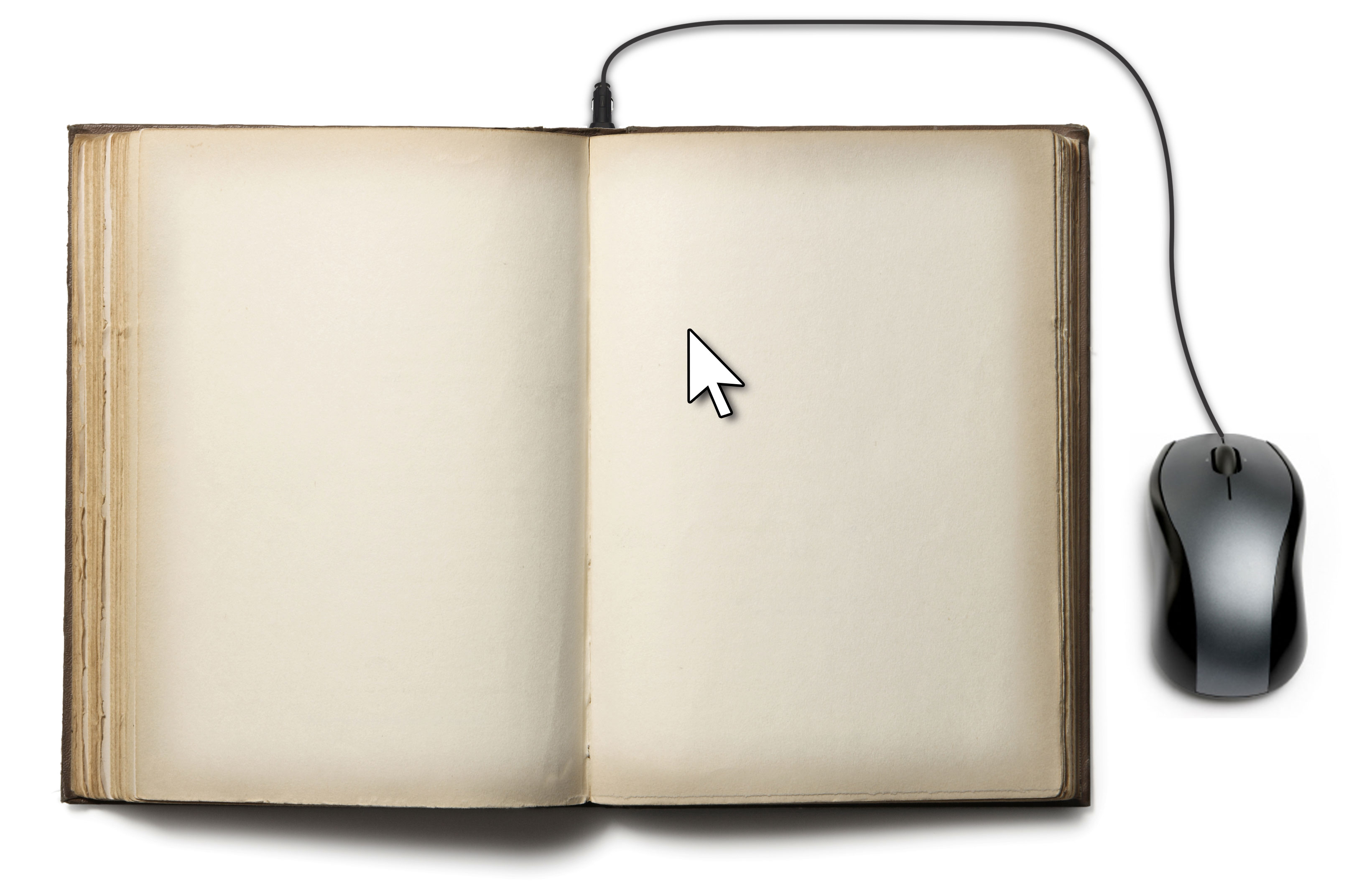 Call for Papers
Call for Papers
Feminist Translation Studies: Local and Transnational Perspectives
Edited by:
Olga Castro, Aston University, Birmingham, UK – o.castro@aston.ac.uk
Emek Ergun, University of Maryland, Baltimore County, US – emekergun@gmail.com
Rationale:
Research and scholarship on the dyad “gender and translation” has been experiencing a remarkable growth in the last few years, with many publications and conferences devoted to exploring the multifaceted nature of translation theory and practice as approached from a gender perspective. The forthcoming collection of essays, tentatively entitled Feminist Translation Studies: Local and Transnational Perspectives, eds. Olga Castro (Aston) and Emek Ergun (UMBC), seeks to put the “F” word (i.e. feminism) back in debates on gender and translation; and more specifically, to generate innovative approaches to the studying of translation in the contemporary era of transnational feminism. By doing so, the volume purports to emphasize the critical role of translation in the formation and transformation of feminist movements and politics at local and transnational stages.
Although feminist translation began as a Western-dominated praxis and remained so for decades, we are recently observing an increasing interest in the subject across different cultures and disciplines. However, some significant literature gaps can still be identified at the dialogic interplay between translation studies and feminist studies:
§ The centrality of feminist politics appears to be missing in the recently produced theories and studies on gender and translation.
§ Most of the existing volumes on the topic fail to reflect the geographical (especially non-Western) and disciplinary diversity within the field.
§ The greater focus on literary translation at times disregards the contributions of non-literary translation to local and transnational production and circulation of feminist knowledges.
§ There seems to be a lack of exploration of the links between feminist translation and other disciplines, despite the fact that translation studies is an interdisciplinary field.
By addressing these four main gaps, Feminist Translation Studies: Local and Transnational Perspectives aims to play a catalytic role in the growth of the field. The goal of our proposed volume is to bring together original essays on contemporary developments and innovations in the theorizing and practicing of feminist translation from different disciplinary perspectives and across diverse sociocultural, geopolitical and historical contexts. In this regard, we seek not only to provide a comprehensive survey of the ever-changing field of feminist translation studies – expanding its epistemological, theoretical, methodological, practical, geopolitical, and pedagogical dimensions – but also to revitalize feminist scholarship in translation studies, therefore making an impact on the development of the discipline of translation studies in general.
Possible Topics:
Feminist Translation Studies: Local and Transnational Perspectives pursues a balance between theoretical/methodological and empirical chapters. In order to ensure such a balance, the chapters will be grouped in two main thematic categories:
1) Possible theoretical/methodological themes about Feminist Theories in/and/of Translation might include, but are not restricted to, the following:
· The central role of translation as an enabler (or disabler) of cross-border contact,
· Trans/formation of local and transnational feminist movements and discourses via translation,
· Local and global feminist knowledge production, dissemination and reception via translation,
· Transnational feminism in translation,
· Traveling feminist theories and their situated receptions,
· Traveling feminist writers (feminist/women writers in translation),
· Traveling feminist translators (the activist work of translators),
· Traveling languages (the challenges of translating feminist concepts and discourses across differently situated and equipped languages),
· New approaches to translation from the perspectives of queer studies and masculinity studies.
2) Scholars are also encouraged to propose articles on empirical aspects related to Feminist Translation as Political Activism, which might include themes such as:
· Hetero/sexist practices in translations and translation studies,
· Strategies to overcome the prevalent hetero/sexism in translation,
· Feminist translation practices in the context of local and global feminist movements,
· Gendered metaphors of translation,
· Women translators’ theoretical thinking (excluded from mainstream accounts and canons in translation studies),
· Gaps in feminist literature due to a lack of circulation through translation,
· Pedagogies of feminist translation in translation studies and other disciplines.
Submitting a Proposal
All potential contributors are requested to send in a detailed summary of their proposed paper by the end of November 2013 (as indicated below) to the editors Olga Castro (o.castro@aston.ac.uk) and Emek Ergun (emekergun@gmail.com).
Format:
· Title of the article
· Author’s name, affiliation, e-mail
· Proposal of 600-900 words, including the description of the proposed article, its theoretical and methodological framework, its rationale and its relevance for the field of Feminist Translation Studies.
· Keywords
· Times New Roman, 12 pt, single space
Timeline:
· Deadline for submitting proposals: 30 November 2013
· Notifications of provisional acceptance will be sent by: 31 January 2014
· Deadline for submitting full articles: 1 September 2014
Contact:
Please email inquiries and proposals to the editors. See above for contact details.





